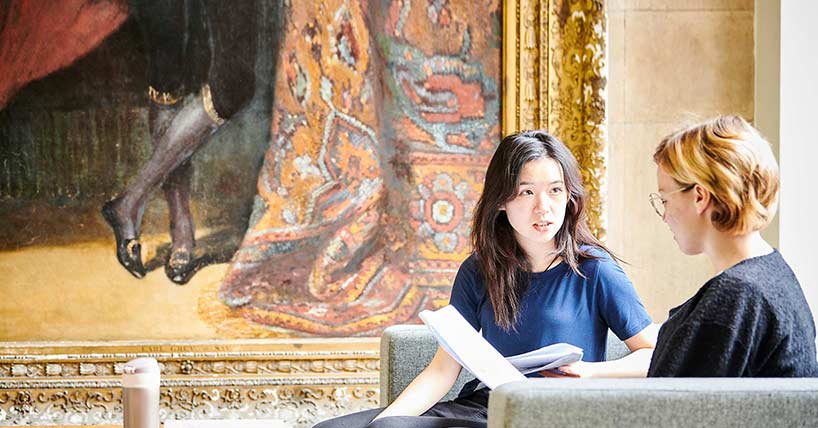Our Research
Our research is world-leading and at the forefront of our disciplines.
Producing world-leading research
The first Chair of English was established in the College of Physical Sciences at Newcastle in 1898 – known since 1909 as the Joseph Cowen Chair. A separate Chair in English Language and General Linguistics was founded in 1964.
Following in the tradition of such eminent scholars as Ernst Honigmann and Barbara Strang, our staff continue to produce world-leading research in areas of Literature, Creative Writing, English Language and Linguistics.
They have also been at the forefront of the development of new research fields, including:
- creative writing
- postcolonial literature
- children's literature
- digital scholarly editing
- English Language and Linguistics
The Research Excellence Framework (REF) 2021 placed our research in English Language and Literature 1st in the UK (Times Higher Education) and our research in Modern Languages and Linguistics 7th in the UK (Times Higher Education).
To find out more about how the School performed during the last REF assessment, head to the REF 2021 section.
The School supports a limited number of applications to Postdoctoral Fellowship schemes. Please check our Postdoctoral Fellowship page for details of current schemes.



